Using the Verb "to be"
The verb "to BE" (am, is), have the past forms (was + were)
But, the verb "to BE" is sometimes conjugated as been, being. Could you please explain this form? What form is it, and when is it used?
Situations like:
"Being a student can be stressful."
"He has been doing well in that class."
Another doubt I have is, when we use could, should with the verb "to BE". When we use "could" or "should", we shouldn't use the verb "to BE", correct?
Here is an example:,
"Actually, you could do very well."
"Actually, you could be do well."
Which is correct and are there any situations when I can use "BE" after "COULD"?
Everyone appreciates your kind help Ola and thank you so much.
Comments for Using the Verb "to be"
|
||
|
||
|
||
Still looking? Search the site for exactly what you need using the site search box below.
Happy exploring!
Discover these Amazing ESL Materials!
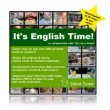 |
 |
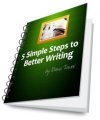 |
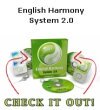 |
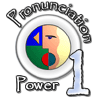 |
 |
 |
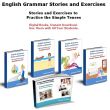 |
 |
 |